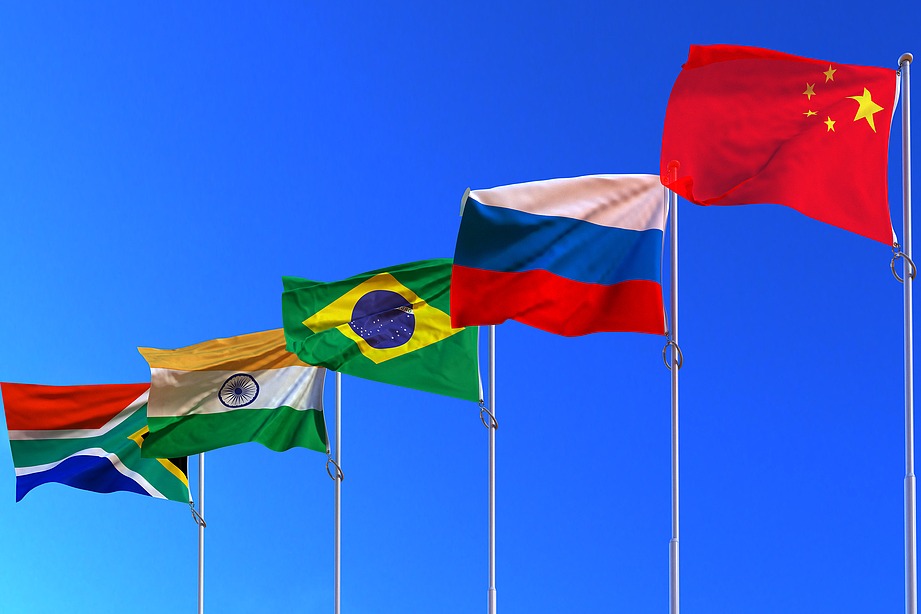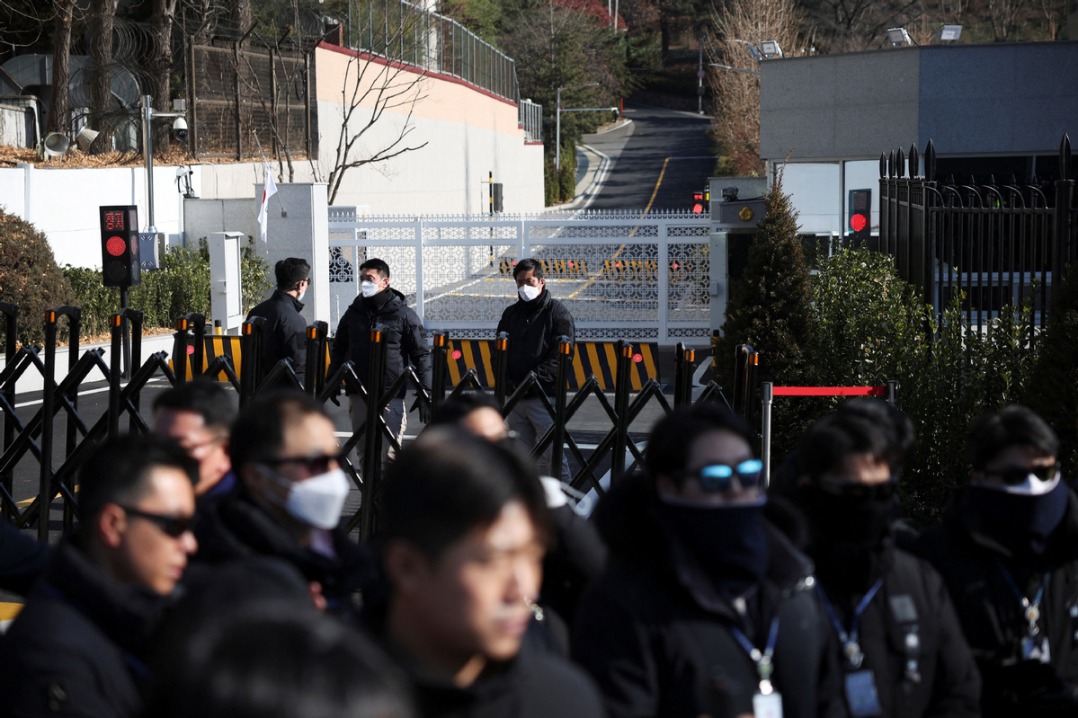Alaska continues to pioneer China relations

Regardless of uncertainty and turbulence along the road, grassroots industry leaders and policy-makers are eager to launch projects and push forward joint programs in trade, business and culture between China and the US.
Am I sounding overly optimistic? Not really. My confidence in the continuity and consistency of China-US relations comes from hard evidence, facts and numbers that once again demonstrate how intertwined and interdependent the two economies really are.
Hidden in my email clusters was an invitation yesterday from Greg Wolf, executive director of World Trade Center Anchorage, Alaska.
He was extending invitations to interested partners and potential investors around the world to attend the Alaska-China business conference, which is scheduled to take place in Anchorage on Jan 24. An event held annually in the Last Frontier State, the theme conference turned 13 years old this year.
The conference is Alaska's only annual gathering of business and government entities involved in trade and commerce between Alaska and China, said Wolf.
"Beginning 15 years ago, WTC Anchorage made China a major focus of its work with an ongoing trade development program, China Calling, designed to provide Alaskan business and government leaders with the insights and tools necessary to pursue new business opportunities with China, Alaska's largest trade partner," he added.
Trade and economic exchanges between China and Alaska have been on a fast track over the past decade. Up from $154 million worth of exports to China in 2003, Alaska in 2017 reported an estimated $1.48 billion worth of exports, a record high, to the world's most populous nation.
"This has exceeded our expectations," Wolf said. "We anticipated that Chinese companies would not only continue to be an increasingly important buyer of our natural resources, but would also grow to become investors in Alaska's major development projects."
World Trade Center Anchorage also pitched American companies to attend the conference. The center highlights the fact that China is Alaska's largest trading partner, plus labels China a significant investor-partner in the state's resource sector, a major customer of Alaskan seafood and minerals and a growing source of overseas travel and tourism to Alaska.
Looking to the future, "there are many opportunities for expansion of commercial ties between the two sides, including possible investment in the Alaska LNG project, and new aviation links to support tourism and business travel," the center said in a statement.
The proposed LNG?project, one of the world's biggest natural gas development projects of its kind,?is planned for Nikiski on?Alaska's?Kenai Peninsula, south-west of Anchorage.
In October, the Alaska Gasline Development Corp signed a supplemental agreement with China's Sinopec Group, the Bank of China and CIC Capital, a wholly owned subsidiary of China Investment Corp, to advance the $43.4 billion-budgeted project which the three Chinese partners agreed in 2017 to finance.
Echoing Alaskan industries, Chinese Consulate General in San Francisco Wang Donghua reiterated the importance of Chinese and American market integration.
In a signed article published in the San Francisco Chronicle on Monday, Wang wrote: "China, with a population of 1.39 billion people, is one of the largest markets in the world. It is predicted that in the coming 15 years, China will import $30 trillion in goods and $10 trillion in services, which means enormous opportunities for her trading partners, including the United States."
Wang recalled, "As part of my consular duties, I have visited California, Nevada, Oregon, Washington state and Alaska since being assigned to this post in August. Many Americans I have had the pleasure of talking with have expressed hope that the trade conflict could come quickly to an end and avoid further harm to US companies from tariffs."
Grassroots trade organizations and the American people on the West Coast aspire to cooperation.
"It is only natural for trading partners to have differences and even friction. But as long as we work together, there is hope to find solutions to our differences," said Wang.
Agreed.
Contact the writer at [email protected].

































